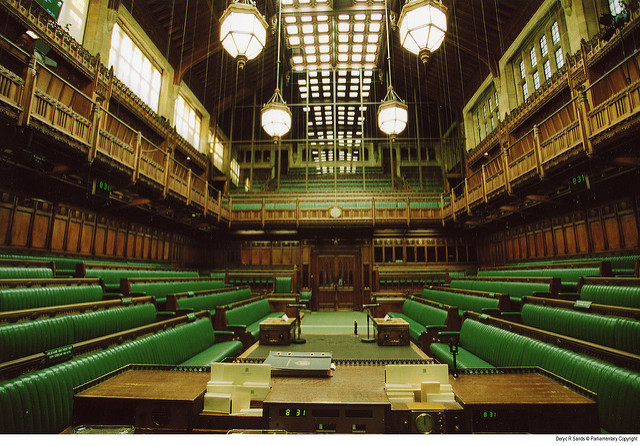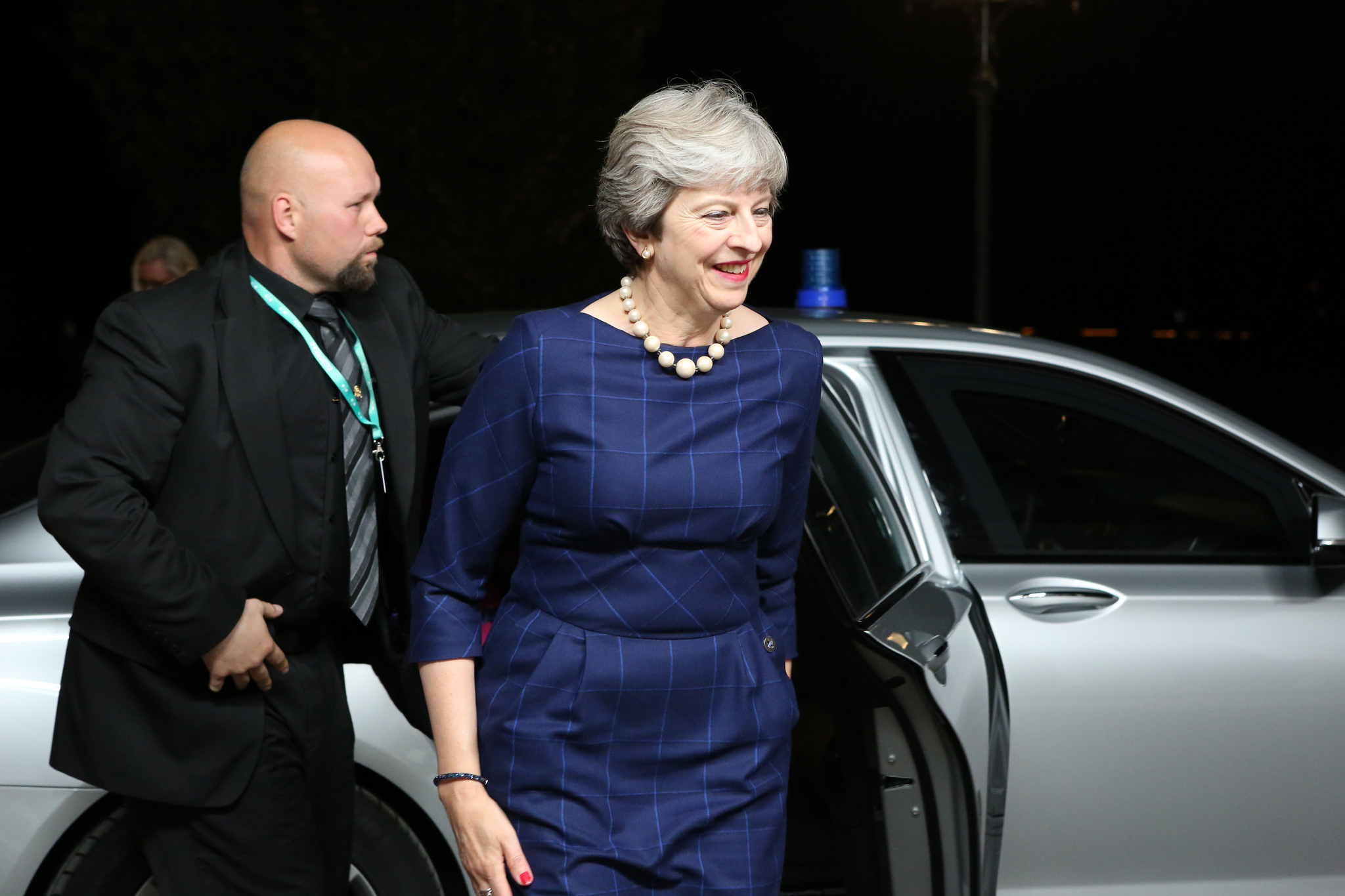New trade laws, which could allow ministers to water down or repeal equality laws altogether, are being debated in the House of Commons today.
The Taxation (Cross-Border Trade) Bill, which was first brought to Parliament in November last year, aims to introduce a new system of importing and exporting goods to the UK after Brexit, as well as looking at the laws around customs, VAT and other related taxes.
However, the proposals have since come under fire from human rights group Liberty, who say they pose a massive danger to equality laws such as the Modern Slavery Act and the Equality Act.
In a statement, a spokesperson added: “The plans are the latest attempt by ministers to undermine democracy and bypass parliamentary scrutiny of the Brexit process.”
Hang On, What’s The Issue Here?
As we sort out the finer details of leaving the European Union, there are a lot of things to be ironed out. One of these areas is how we’ll import and export things with our neighbours in the EU – something this bill aims to tackle.
However, the controversy here is that the law would grant ministers some Henry VII powers. This essentially allows them to amend or repeal certain types of legislation without having to vote on it in parliament.
This means they could unilaterally rewrite equalities protections and anti-trafficking laws at the behest of a foreign power
In a joint statement, the Public Law Project and Liberty added: “The Bill grants ministers huge Henry VIII powers to amend legislation without parliamentary scrutiny in the name of implementing international trade deals. It allows them to change laws that originated from the EU without consulting MPs or the public.
“This means they could unilaterally rewrite equalities protections and anti-trafficking laws at the behest of a foreign power who thinks our hard-won rights get in the way of importing and exporting goods.”
Right. And What Have The Government Said?
 Image Credit: UK Parliament / Flickr
Image Credit: UK Parliament / Flickr
Henry VIII powers have been a contentious area all the way through the Brexit process so far. The Government essentially argue that as Brexit is such a huge task, it would be impossible to put everything before Parliament.
However, opposition MPs and campaigners say this gives them the power to essentially do what they like without scrutiny.
Theresa May did announce some concessions in response to the backlash, with a new scrutiny committee being formed to oversee any changes to the law.
A briefing on this Bill, published to the House of Commons Library last week, also set out the government’s position on ‘secondary’ laws, saying the scale of the task of re-establishing tariffs and trading partners after Brexit means legislative flexibility is a necessity.
They add: “The arrangements need to be flexible enough to deal with different circumstances and respond to changes. The precise detail of some provisions may not be known until the UK’s future relationship with the EU is clarified.
“Furthermore, the Government argues that secondary legislation is appropriate for the customs tariff, due to its size. The EU customs tariff contains more than 17,000 different goods and around half a million separate customs codes are needed once reduced tariffs for certain trading partners are taken into account.”






